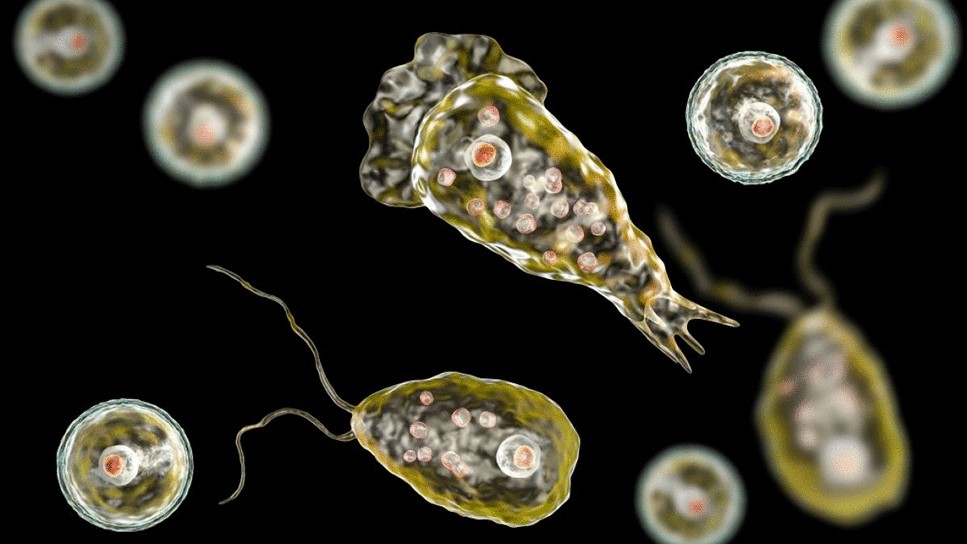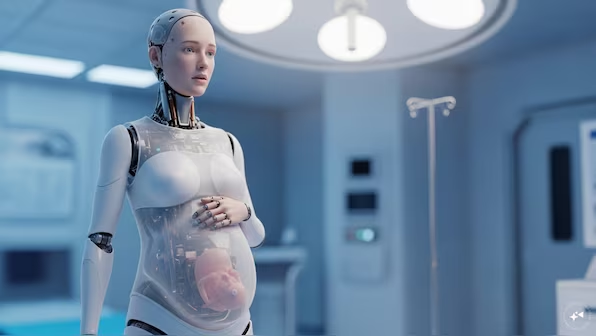Globally, PAM has a 97% fatality rate, but Kerala has reduced this to 25% through testing, early detection, and a special treatment protocol introduced in 2023.
Kozhikode: A nine-year-old girl in Kerala has died after contracting primary amoebic meningoencephalitis (PAM), a rare but fatal brain infection. Two others, including a three-month-old baby, are battling for their lives, prompting the state health department to issue an alert in Kozhikode district, as reported by Indian Express.
Amoebic meningoencephalitis is caused by Naegleria fowleri, known as the “brain eating amoeba”. It is a free-living amoeba found in warm, fresh water and soil, and infects people when it enters the body through the nose.
This year, Kerala has reported eight confirmed PAM cases and two deaths, the latest on August 14 in Thamarassery, Kozhikode. Officials said the three recent cases had no common link, raising concerns over the amoeba’s spread. “We are unsure how the infant got infected. While water entering the nose during bathing is a possibility, the amoeba is also found in dust and soil,” a health official noted.
Apart from Naegleria fowleri, another genus, Acanthamoeba, can also cause meningoencephalitis. While Naegleria infections are often linked to water exposure, Acanthamoeba infections may occur without it and have a longer incubation period.
12-Year-Old Dies from Brain-Eating Amoeba After Swim in A Lake
India’s first PAM case was reported in 1971, and Kerala’s first in 2016. Between 2016 and 2023, the state logged only eight cases, but last year alone it recorded 36 cases and nine deaths. Globally, PAM has a 97% fatality rate, but Kerala has reduced this to 25% through aggressive testing, early detection, and a special treatment protocol introduced in 2023.
Notably, in July 2024, a 14-year-old boy from Kozhikode became the first Indian – and only the 11th person worldwide – to survive PAM. Experts link the recent spike in cases to increased testing for acute encephalitis syndrome (AES), climate change, and environmental pollution.
Kerala remains the only Indian state with a dedicated standard operating procedure for managing amoebic meningoencephalitis.




